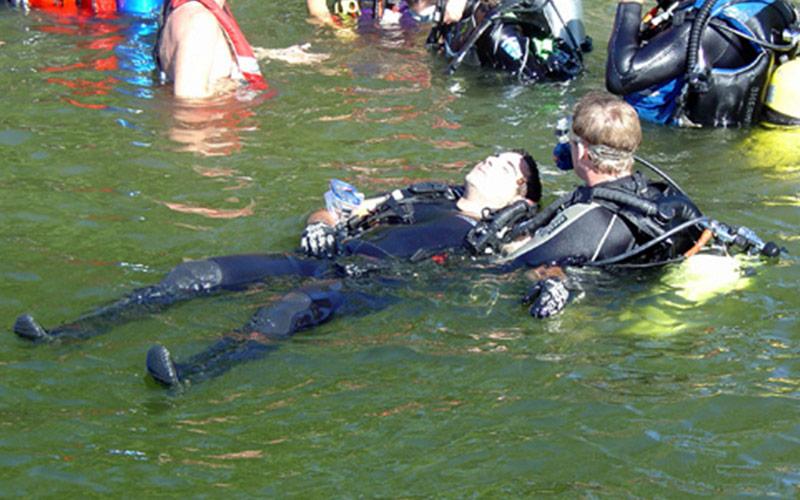Over 90% of Public Safety Diving (PSD) fatalities occur because teams are using sport diving or recreational procedures and equipment. Unlike other emergency response teams, dive teams routinely use recreational stores for training and gear. In this class participants will learn the safest and most effective public safety diving procedures available today. Topics include how to safely manage entanglement/entrapment; in-water injury; low or out-of-air emergencies; and, contamination problems. Other topics include PSD accidents — why they happen and how to prevent them, what should be in SOP/SOGs to protect the safety and liability of members and department, minimum equipment and personnel, common safety mistakes, blackwater contingencies, small evidence search and recovery, underwater panicked diver management, tending skills, air consumption procedures, scene management, tethered-tender-directed-solo-diver patterns and why they are the safest and most effective for most operations, and make go/no-go decisions with a practiced plan.
Special requirements
- All participants shall provide:
- appropriate sunscreen and bug repellent
- timing device such as a watch
- clipboard or pad with a hard back for profiling dives
- personal flotation device,
- weather-related gear
- class will be held in all weather except for lightning
- Divers must provide:
- scuba gear
- log books and certification cards
- Divers wearing drysuits should have a block of paraffin wax in a clean plastic bag, plenty of pure talcum powder (drysuit and wetsuit, if dive skins are not used), and a minimum of two cutting tools, with at least one pair being shears. Weight belt webbing should extend 10 to 12 inches beyond buckle when worn with suit. If attached, any snorkels or octopuses should be removed from equipment and left home. Any diver with pony bottles and pony regulators should bring them. These will be supplied as well.
Prerequisites
- Divers: Must be open-water certified
- Tenders: None
Host requirements
Continuing education units (CEUs)
- EMS: EMT/Paramedic/Registered Nurse - Operations 32 hours
Missouri Peace Officer Standards and Training (POST)
- 16 hours Technical
- 3 hours Interpersonal
- 4 hours Legal
- 9 hours Skill
